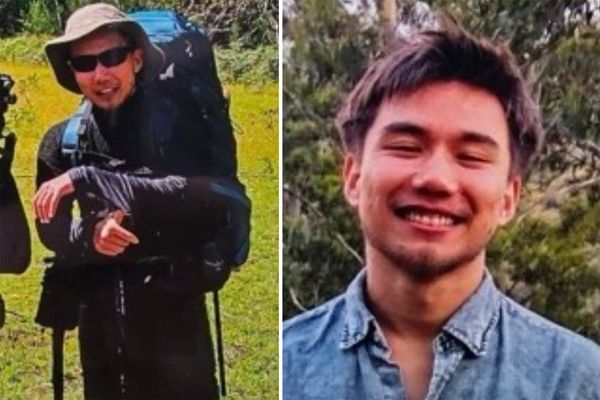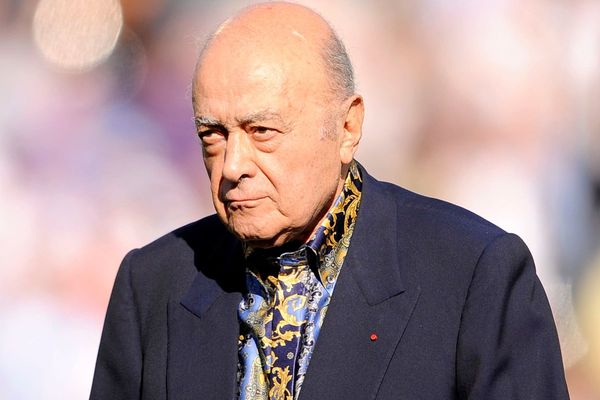A federal lawsuit accuses cannabis companies of running a “Chicago cartel” that colludes to keep prices high in Illinois ― but industry participants say the allegations are groundless.
The suit was filed by True Social Equity in Cannabis, which includes consumers, workers and potential competitors in the industry. The group held a news conference Tuesday to get the state to drop limits on cannabis licenses and legalize any amount of cannabis. Member Anna Rose Li-Epstein said that would help marginalized people get into the business, and the state would make more money.
Defendants in the case are Akerna Corp., Green Thumb Industries Inc., ILDISP LLC, Verano Holdings Corp. and Surterra Holdings Inc. The complaint alleges violations of anti-trust law under the Clayton Act, specifically that officers from some of the firms serve on the boards of their competitors.
The suit notes that some of the companies sell each other’s products. But Illinois law requires that cannabis dispensaries sell competitors’ products. The complaint also notes that GTI and Verano share a shell company that manages both a GTI Rise dispensary in Effingham and a Verano Zen Leaf store in Charleston.
The suit, filed by attorney Mark Lavery, seeks to stop all the companies from selling marijuana and divest them of all assets.
Michael Sampson, a prominent cannabis industry attorney who has represented one of the defendants, but has no connection with this case, called the suit “head-scratching.”
“There are a lot of general outlandish unsupported allegations,” he said. “This type of name-calling harms the entire industry. I’m not sure this would survive a motion to dismiss.”
Edie Moore, a founder and legislative co-chair of Chicago NORML and a cannabis business license applicant, called the suit “crazy talk,” saying it was vague and nebulous.
She acknowledged that the Illinois cannabis market is restricted by law to 21 licensed growers, but said the solution is for the state to issue pending licenses. Those licenses have been held up in court, primarily hurting Black and Latino “social equity” applicants.
“People who keep suing don’t do anything but slow it down,” she said. “It doesn’t help anyone.”
Akerna, which sells software to track data in the cannabis industry, issued the following statement: “The document has multiple inaccuracies, including but not limited to the fact that we are not a plant-touching operator. As a public company, our shareholders and board of directors are a matter of public record. Our legal team is preparing their response.”
The suit noted the industry involvement of the Pritzker family, the Wrigley chewing gum family, and Jim Beam fortune heir and GTI founder Ben Kovler, but did not specify what role if any they played in the allegations.
Gov. J.B. Pritzker has said he is not involved with cannabis operations, and his administration issued the following statement: “From the very beginning, the Pritzker administration has prioritized equity and accessibility in establishing the legal cannabis industry. While the issuance of new licenses currently remains on hold due to a court order, the administration remains committed to helping applicants from diverse backgrounds enter and remain part of the state’s cannabis industry and we are hopeful the courts will allow us to move forward with issuing licenses soon.”
Other defendants did not comment.







